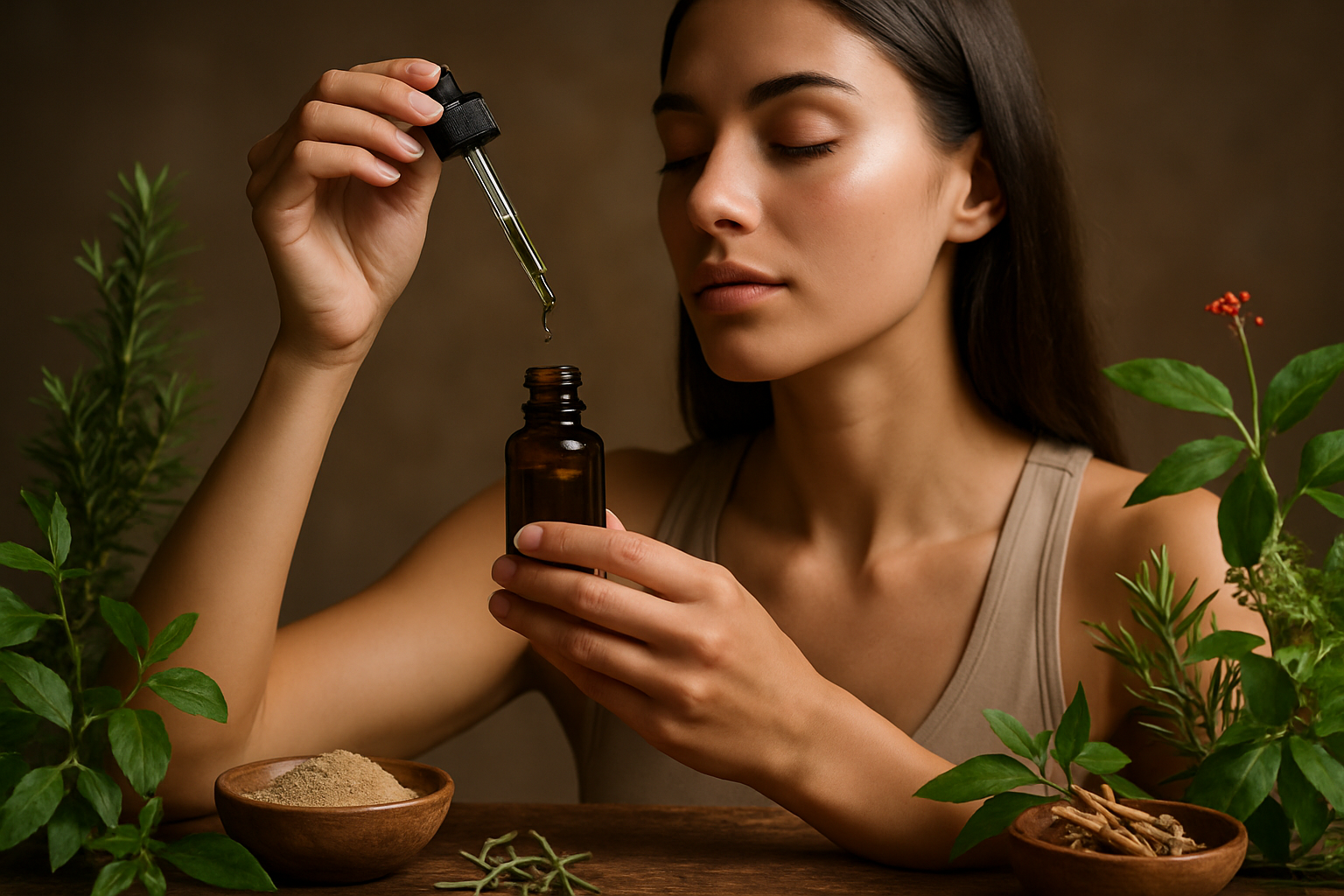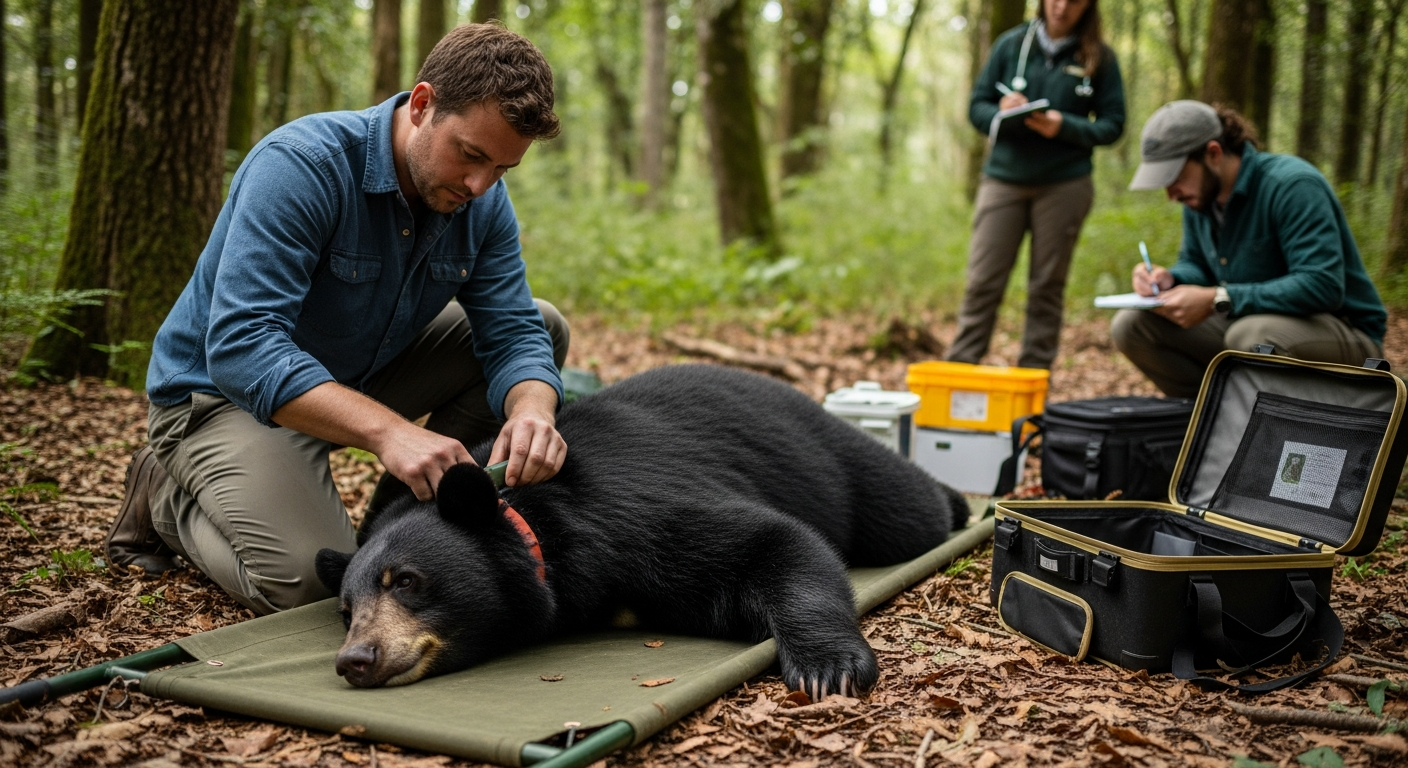The Evolving Role of Adaptogens in Beauty and Fitness
In the quest for holistic health and wellness, adaptogens - a group of botanical substances - have emerged as a significant player. With roots in ancient medicinal practices, these powerful compounds have found their way into modern beauty and fitness regimes. This article delves into the history, current trends, and future implications of adaptogens in the beauty and fitness industry.

A Brief History and Key Developments
Adaptogens, a term coined in the mid-20th century, refer to a group of plants and herbs renowned for their ability to enhance the body’s resistance to stress. While the term is relatively modern, the use of adaptogens can be traced back to ancient Chinese and Ayurvedic medicine. In recent years, they have found their way into Western beauty and fitness practices, fueled by a growing interest in natural, sustainable, and holistic wellness solutions.
Current Trends and Expert Perspectives
Adaptogens are currently experiencing a surge in popularity within the beauty and fitness industry. From skincare products infused with adaptogenic herbs to fitness supplements designed to enhance resilience and recovery, the adaptogen market is proliferating.
Experts attribute this trend to a shift towards holistic wellness and a growing body of scientific evidence supporting the benefits of adaptogens. According to Dr. Brenda Powell, co-medical director of the Center for Integrative and Lifestyle Medicine at Cleveland Clinic’s Wellness Institute, adaptogens work at a molecular level by regulating a stable balance in the hypothalamic, pituitary, and adrenal glands. This, in turn, can help the body cope better with stress.
Benefits and Market Relevance
Adaptogens offer a host of benefits that align well with the objectives of both the beauty and fitness industry. In skincare, adaptogens like Rhodiola and Schisandra are lauded for their antioxidant and anti-inflammatory properties that protect the skin from environmental stressors. Similarly, in fitness, herbs like Ashwagandha and Rhodiola are used for their energy-boosting and recovery-enhancing effects.
The adaptogen market’s relevance is underscored by its rapid growth. According to a report by Grand View Research, the global adaptogens market size was valued at USD 7.18 billion in 2018 and is expected to grow at a compound annual growth rate (CAGR) of 6.8% from 2019 to 2025.
Evidence-Based Recommendations
While the benefits of adaptogens are promising, experts advise caution. It’s essential to consult a healthcare provider before incorporating these into your routine, as some adaptogens can interact with medications or exacerbate health conditions. However, when used responsibly, adaptogens can be a valuable addition to beauty and fitness regimes.
Future Implications in the Industry
The rise of adaptogens in the beauty and fitness industry is only set to continue, given the growing consumer interest in natural wellness solutions. This presents an opportunity for brands to innovate and expand their offerings. However, it also means that the industry must commit to rigorous testing and regulation to ensure these products are safe and effective.
In conclusion, adaptogens, with their ancient roots and modern appeal, are playing an increasingly significant role in the beauty and fitness industry. As we continue to explore and understand these powerful botanicals, they promise to redefine our approach to wellness and self-care.






